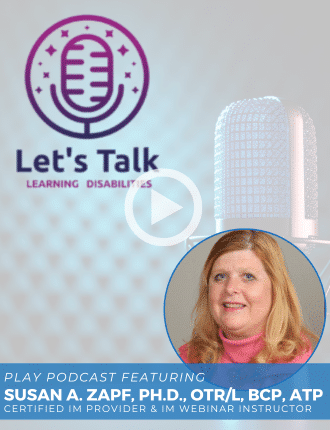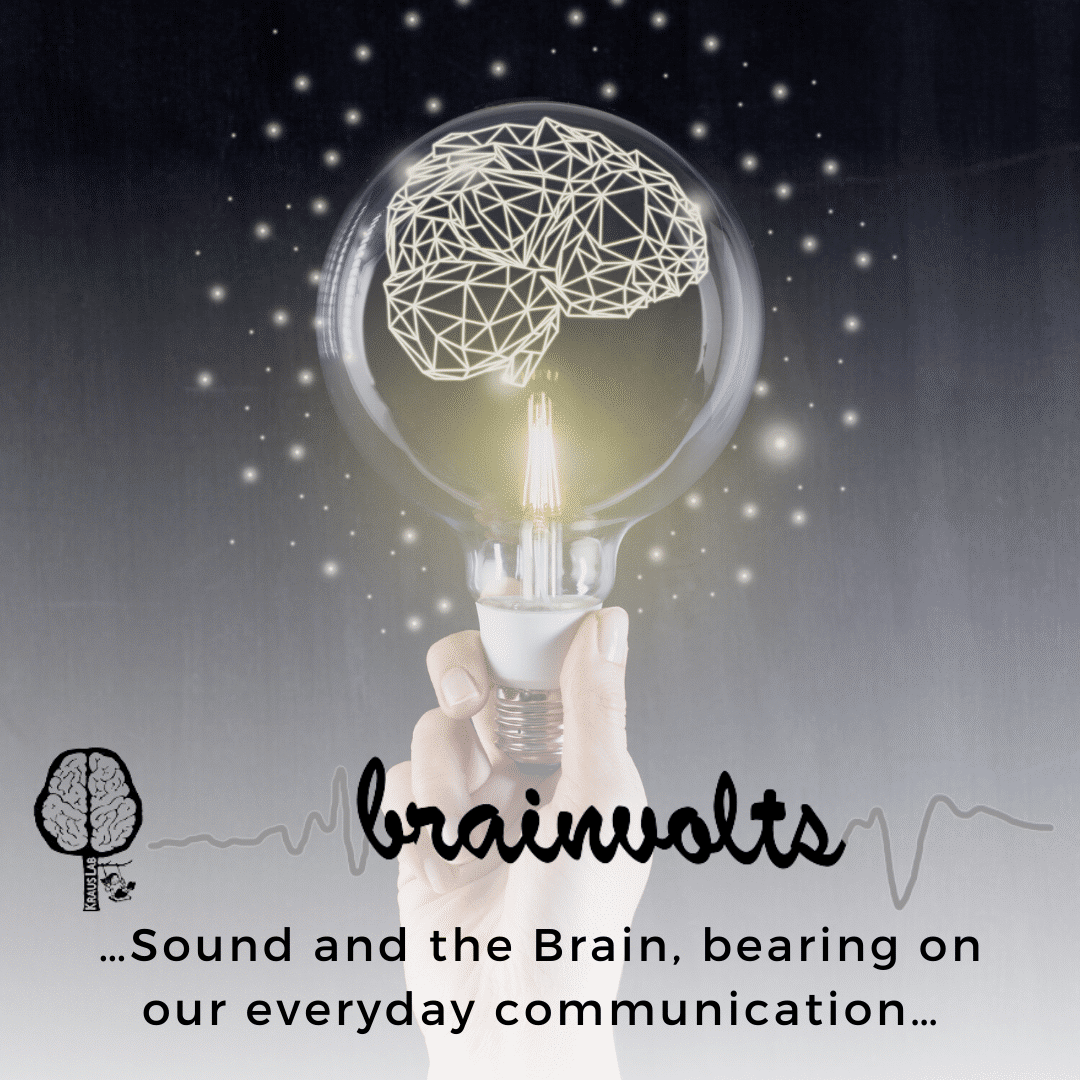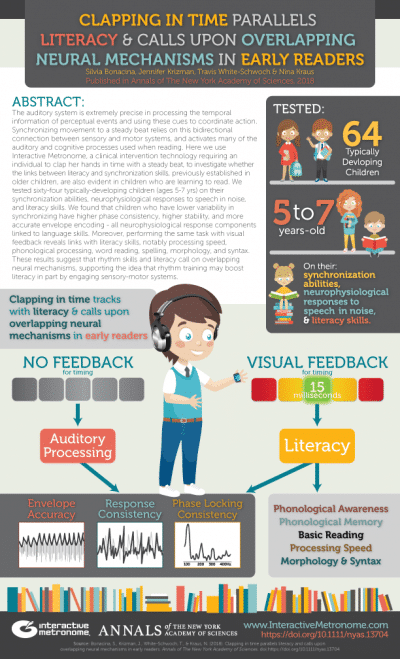IM Featured in the “Let’s Talk” Podcast – Featuring IM Provider Sue Zapf
Our providers are truly passionate about helping their clients and utilizing Interactive Metronome. Take a moment to check out Sue Zapf, an IM provider who was recently featured on the “Let’s Talk” Podcast. She shares valuable insights about using IM, particularly for individuals facing learning challenges.
Listen to the full podcast now











